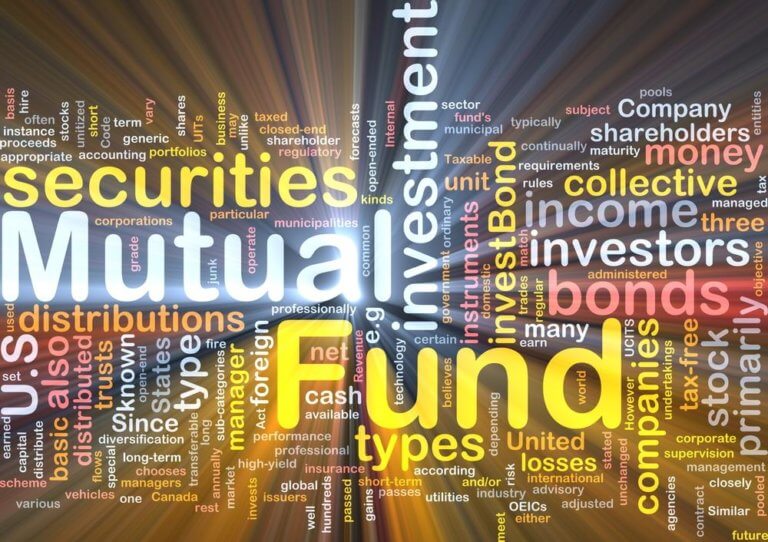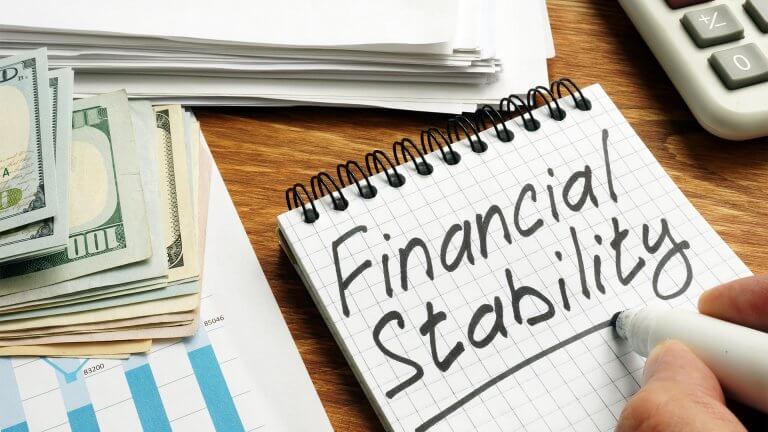
Why Whisky is the Safest Investment to Make Right Now
Whisky Investment company Braeburn confirm why investing in whisky during economic uncertainty is a lucrative and sustainable asset for any portfolio.
Throughout history, whisky has proven a reliable investment even in time’s of economic decline. Whisky proved a popular choice during the Great Depression, and recent market behaviour would suggest that ‘liquid gold’ will continue to have significant financial gain despite the current climate.
“Societal turbulence is often a time when investors take stock of their portfolio and examine new ways in which they can protect and profit from their savings, this global pandemic is no different.” states Braeburn’s Sales Director, Samuel Gordon.
Whisky investment has been rising in popularity over the last decade, by 582%, according to The Knight Frank 2020 Wealth Report. This report also shows sales of scotch to India, China and Singapore rising by 44% in the first half of 2018 alone. However, in actuality, it’s whisky casks specifically, that offer the security and consistency that evade traditional asset classes.
With the surge in demand for single malts, distilleries are struggling to keep up. The process for crafting quality spirits that enthusiasts desire, happens over lengthy periods of time. Distilleries ultimately can only make and store so much resulting in a continually increasing value. As a result, independent bottlers, blenders and other investors are known to pay highly and quickly in current secondary markets.
While economic uncertainty can bring new levels of volatility to traditional financial markets like stocks, shares and housing. Samuel explains that whisky doesn’t follow these market trends and isn’t impacted by the reactive and turbulent swings of traditional investments.
“Instead of decreasing during periods of economic downturn, historically, whisky casks have increased in value. When whisky remains in its cask, its continuing is maturation process. Over years, the whisky interacts with the cask, taking on beautiful and unique flavours from the wood. Although in time, there is a golden moment to bottle whisky, in general, the longer it’s left the more distinguished and deep the flavour becomes along with the ability to demand a higher resale value.”
Unlike other industries that are impacted by developing technology and evolving consumer behaviour, the whisky industry is prized on its heritage and historical methods. Whisky has maintained consistency through every type of economy and returns are still on the rise.
Over the last five years, casks have earned an average of 12.4% per annum. The average cask doubles in value every 5 years with casks from popular distilleries earning even higher returns. This again, is due to the maturation process which allows whisky to ride through difficult times whilst still increasing in value. Instead of the cask values rising and falling violently with political and economic changes like the traditional stock market, whisky is left to mature in the cask, only to appreciate in value.
Whisky casks offer diversification into tangible assets allowing investors to enhance their portfolio across different asset classes. Traditional ‘paper’ investments puts future success solely in an endeavour outside the investors control. With whisky casks, no matter what happens in the economy, the whisky can always be bottled and sold, even if the market is down or a distillery closes. With an asset grounded in intrinsic value, an investor can safeguard wealth.
An important factor in whisky cask investment is that is offers further security against forgery or fakes. Unlike art, antiques and even bottled whisky, whisky casks mitigate this risk because the Scottish Government requires that they are stored under strict oversight.
Casks are stored in government bonded warehouses that are required to keep meticulous records. Because of this careful and impartial monitoring, investors can be confident in the provenance and value of their casks.
Samuel concludes,
“Whisky casks are a unique investment. They offer unique characteristics and can complement a portfolio in good times or bad. With a real, intrinsic value whisky casks are unlike any other tangible asset. And with the demand for authentic, mature single-malt casks on the rise, they’re more lucrative than ever.”
























